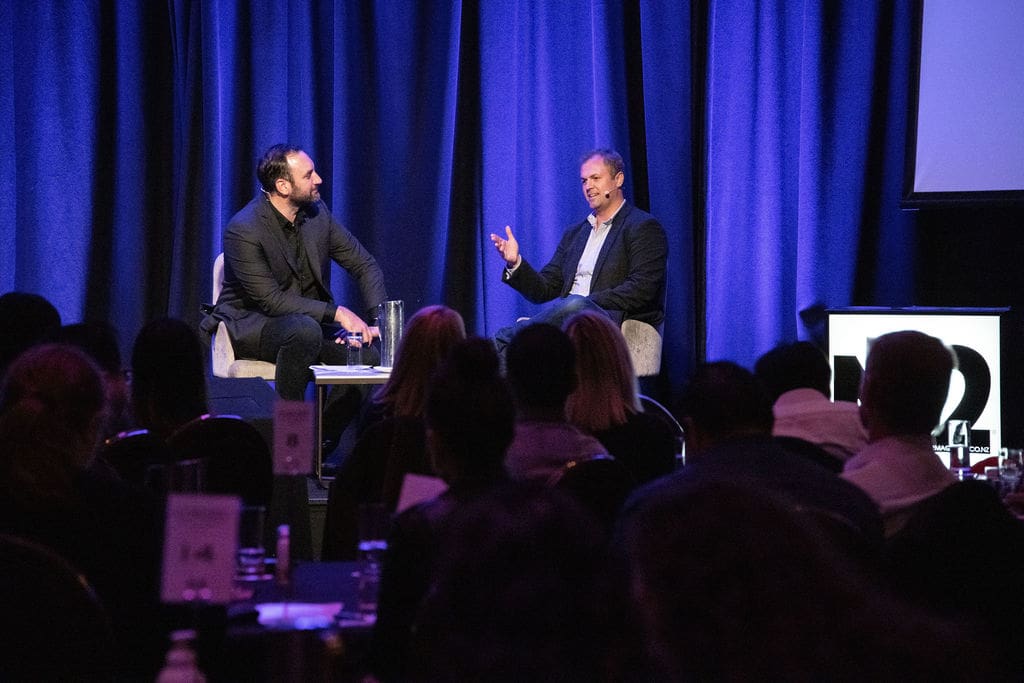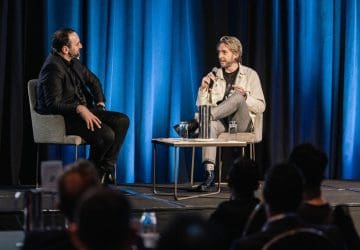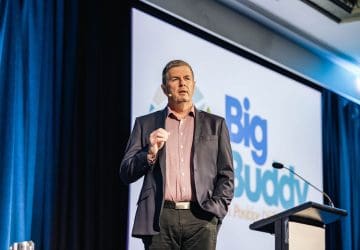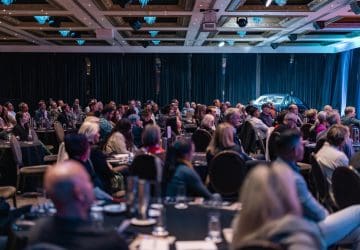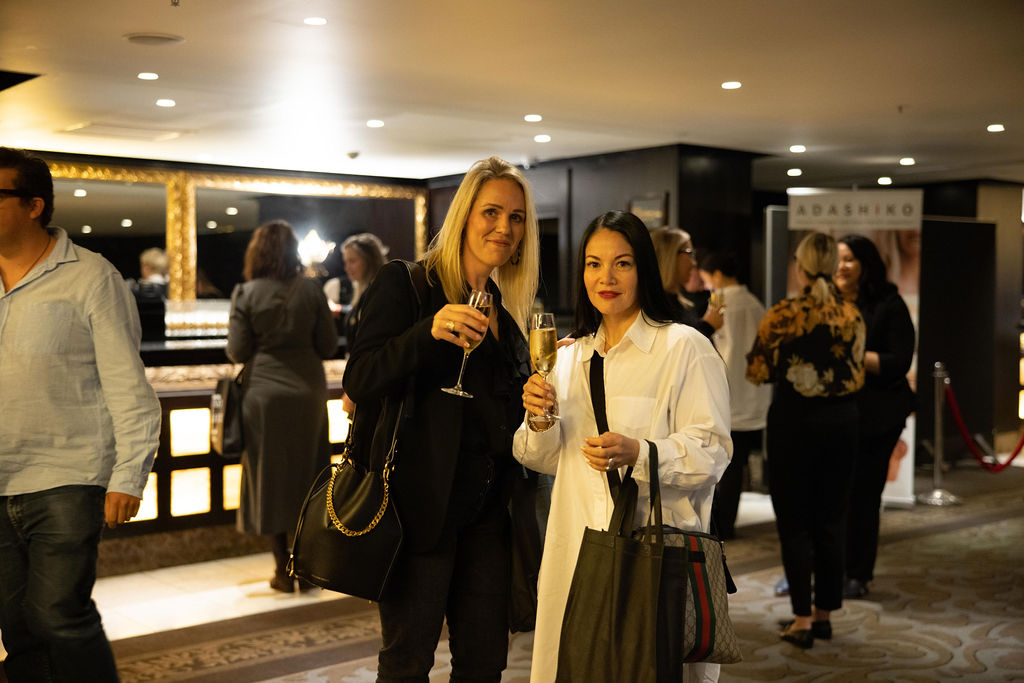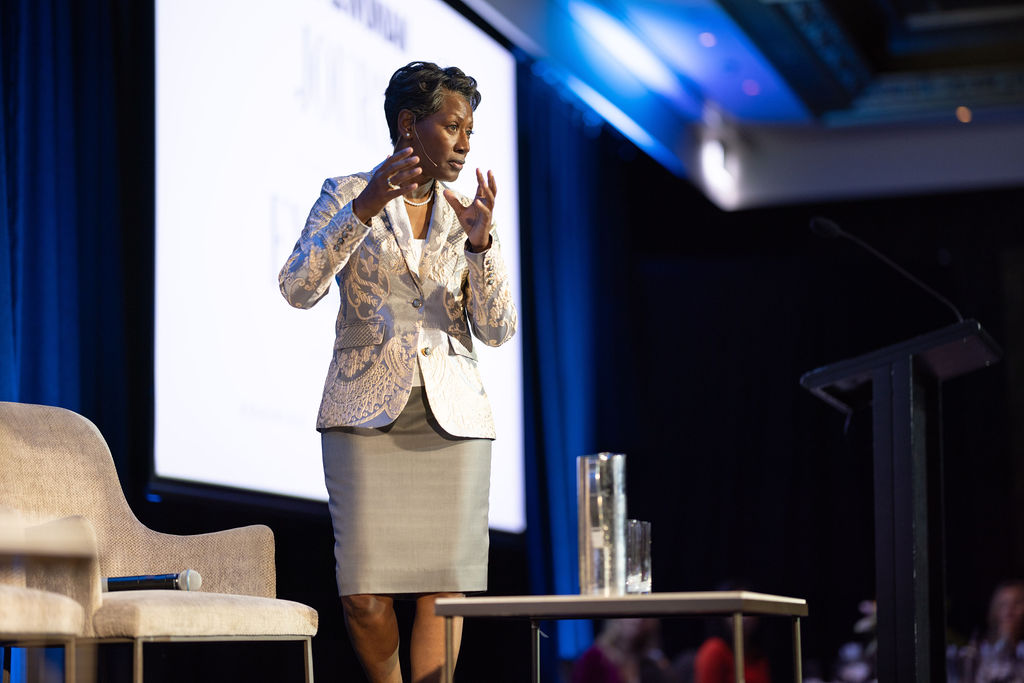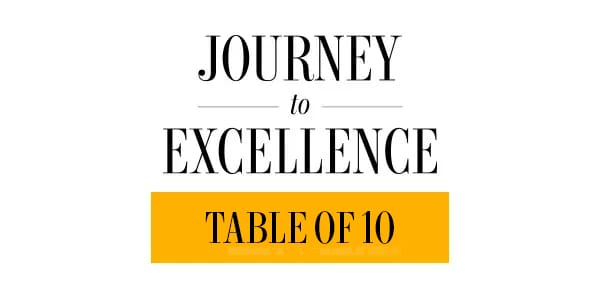Ep.106 – How to Close The Wealth Gap With Skills, Not Luck
[podcastfooter]
While riding the dizzying highs and lows of short-term stock trading often draws most of the interest from the younger generation, commercial property investment still stands as one of the safest bets on the investment market. However, the problem of the day is that young people don’t have the knowledge to get themselves in the game. Matt McHardy, Head of Investor Relationships at fund management company PMG, sat down with our M2 Editor and M2 Summit host Andre Rowell on Thursday 20 May to talk about the state of the game for young people in commercial property investment and what their role is in getting more young people involved.
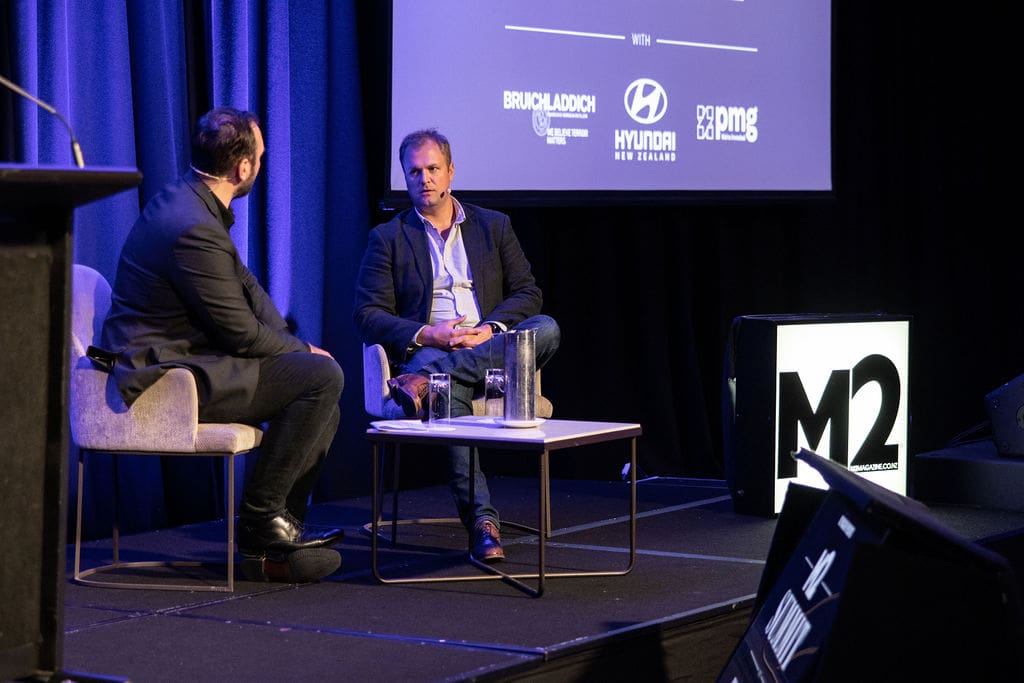
McHardy began by breaking down what his company looks to do for those looking to get into the commercial real estate game. He says one of PMG’s main aims is “breaking down barriers to entry for what is a very difficult asset class to enter,” as investing in property is difficult for those who don’t have “a check book with many, many zeros behind it”. When looking at the current trading landscape, McHardy praised the accessibility of many modern trading platforms, such as Sharesies and Robinhood, which have much lower minimum investment requirements, allowing for more people to dip their toes in the investing water. However, he offered some criticism, pointing out that some of the functions of these platforms tend to have a ‘gambling’ appeal and he expressed the importance of investment platforms providing some kind of “education component”.
While McHardy admitted that it is difficult to make commercial property investing ‘sexy’ to young people, he joked that “the over 65’s think it’s incredibly sexy when you’re delivering a regular reliable income”. A big factor in the ‘interest gulf’ between older and younger generations, with regard to property and other forms of long-term investment, according to McHardy, is that fact that older generations have not passed down the financial knowledge and experience that they have accumulated to their children and grandchildren. He explained that “their psychology with money is just to square it all away, we won’t tell our kids how we’ve created this nest egg, we’re not going to teach them or coach them as to protect this”. He noted that the game plan for prior generations, investing in residential property, is no longer as accessible and that the younger generation has to find new ways to educate themselves.
McHardy mentioned New Zealand’s tendency towards ‘Tall Poppy Syndrome’ and questioned whether we should be doing more to learn from high earners who have been able to maximise their wealth instead of finding ways to critique them. He referred to the impending retirements of larger-than-normal Baby Boomer generation and the pressure this could potentially put on NZ Super, and wondered aloud whether the fund will still be there to support the millennial generation and beyond in the decades to come. “You better hope you’ve got at least a house” he remarked, “and if you can’t get into the residential market, what do you do? Kiwisaver will not be enough for most people”.
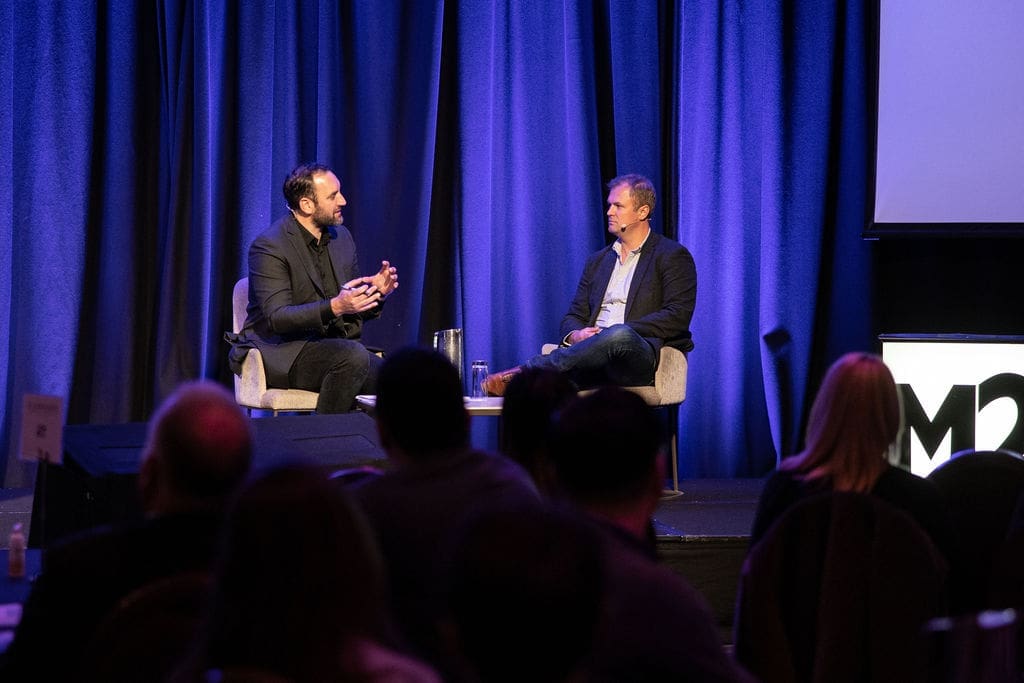
In terms of what his own company is doing to address these issues, McHardy pointed to a charitable trust set up by PMG designed to educate those from their mid-teens to mid-twenties, as he has identified that as the period where people tend to be most vulnerable to poor financial decision-making. The goal of this work is to provide young people with the financial literacy skills to avoided making decisions that can negatively affect them down the track.
Citing a study that estimated between $30-80 trillion is set to be transferred to the millennial generation in the coming years, McHardy expressed his concern that instead of people using investment advisors and fund managers to help with their finances, “it’s going to be much more profitable to be a real estate agent selling bachs, someone selling new cars and someone selling boats”. That, says, McHardy, is his biggest challenge going forward, but he is optimistic, provided that the knowledge is transferred to the coming generations.
[videofooter]

